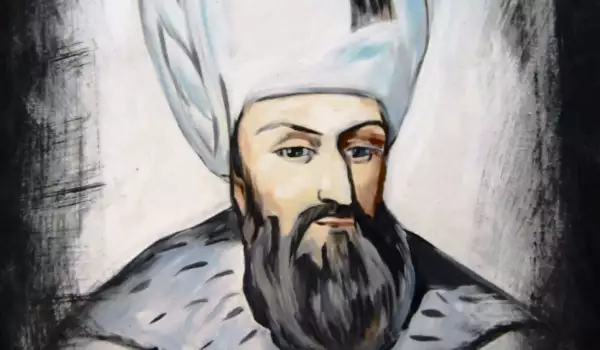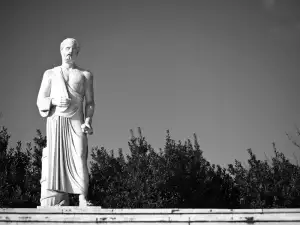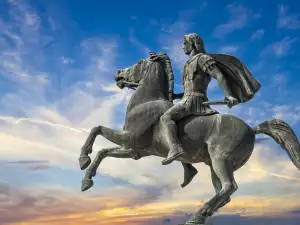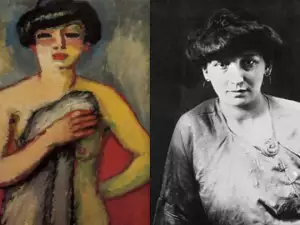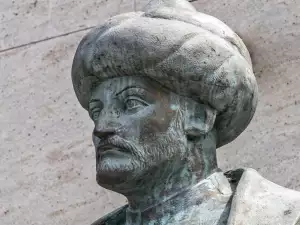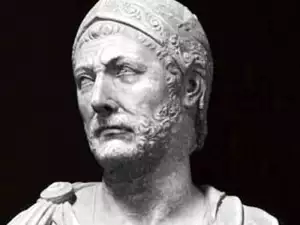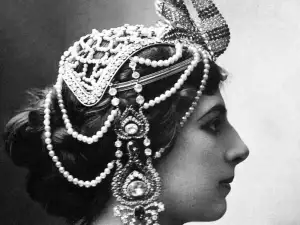Suleiman the Magnificent was one of the greatest rulers of the Ottoman Empire. During his reign, the lands of the Turks sprawled from the walls of Vienna in the north to the capital of Yemen in the south and from Baghdad in the east to Algeria in the west. He was one of the longest ruling sultans, taking the throne in 1520 and remaining on it until his death in 1566.
During the time of Suleiman, the Ottoman Empire reached its zenith and quickly transformed into a world power. Besides his grandiose military campaigns, which he himself spearheaded, the sultan is remembered for his reforms which laid the groundwork for the rise of the country, as well as his love for women and art. Besides "the Magnificent" he was also called "the Lawgiver" and for good reason.
Suleiman took the throne at a young age after the death of his father Selim I. At the time, the diplomats in the Turkish capital of Istanbul described him as tall, wiry, pale-skinned but handsome. A distinguishing feature, which astounded everyone, was his desire to wear enormous white turbans.
Biographical researchers write that as a child, Suleiman was awe-inspired by Alexander the Great, which set him on the path to his fateful conquests in Europe, Asia and Africa. Upon ascending to the throne, the young sultan had to deal with several rebellious provincial governors. After this he set his gaze upon his northern neighbor - Hungary, quite powerful at the time.
After a series of campaigns, culminating in the Battle of Mohács, where the king of the Magyars was slain, their country was defeated and conquered. This sent shock waves throughout Europe and it decided to unite itself in the struggle against Suleiman.
But he was not deterred, starting a new war that lasted more than 20 years with his eastern neighbor Persia. Campaigns continued in Africa, where Suleiman's forces conquered the lands of today's Libya, Tunisia and Algeria. Turkish forces got as far as the island of Sumatra in Indonesia.

The sultan dictated many new laws for governance in the empire. Schools, mosques and hospitals were built. Art flourished. Suleiman himself was an accomplished poet, writing in Persian and Turkish under the pseudonym Muhibbi. Some of his verses have even become Turkish proverbs.
Unlike the other sultans that ruled before him, Suleiman only had 4 women in his harem. But of these only one was his official wife - Hürrem Sultan from Ukraine, which he wed, causing an uproar throughout the entire Muslim world at the time. Hürrem, born Aleksandra Lisowska, was captured by the Crimean Tatars and given to the sultan as a gift. But, enamored by her beauty, he set her free and then married her. The 2 of them had a total of 6 children.
The sultan died in 1566, succeeded by his son Selim II. This marked the beginning of the lengthy decline of the Ottoman Empire, which never again reached the heights of power as during the time of Suleiman the Magnificent.
